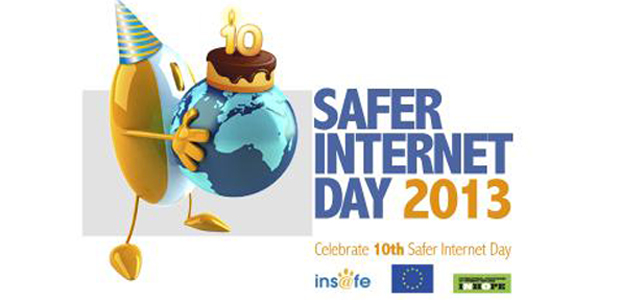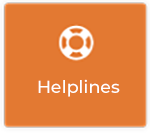Cyberbullying Having Significant Impact on Irish Youth
Cyberbullying is having a significant emotional impact on the young people of Ireland, according to the findings of a new report released to mark Safer Internet Day 2013.
The study, Cyberbullying among Irish 9-16 year olds, was written by Dublin Institute of Technology researchers and shows that over half of Irish young people who said they were cyberbullied confirmed that the online harassment seriously upset them.
According to the statistics, some 26 per cent of 9-16 year olds said that cyberbullying made them “very upset”, while the same amount of young people said they were “fairly upset” by online bullying. A further 20 per cent said they were “upset” by what they had been subjected to online.
As well as this, 14 per cent of Irish children said they were “deeply affected” by online bullying for “a couple of months or more”. This is a very high level of impact compared to the equivalent European finding of only two per cent. Some eight per cent of Irish 9-16 year olds said the toll that cyberbullying took on them lasted for a few weeks, 22 per cent said a few days and 56 per cent said they got over it straight away.
“This is the first time that the impact of cyberbullying on Irish youngsters has been measured and reveals the significant impact it can have on victims,” said Brian O’Neill one of the report’s authors.
The report also shows that some 28 per cent of those surveyed tried to fix the problem themselves, a quarter ignored the issue in the hope it would go away and just 15 per cent used internet reporting tools.
Cyberbullying: Statistics
Simon Grehan, of Webwise, said: “The research indicates that young people feel far more comfortable talking to a trusted friend when they are being targeted online. That is why the Up To Us bystander campaign is encouraging people who witness online bullying to positively get involved to show their support for people who have to put up with nastiness and sustained bullying online.”
There is also some cause for optimisim as according to the report’s findings cyberbullying in Ireland is below the European average. Some four per cent of young people here reported to researchers that they were bullied online compared to an average of six per cent across the Eurozone.
Other findings include:
- For children who reported that they had been bullied on the internet, just 29% of parents were aware of this. 68% of parents did not know that their child had been bullied online.
- Up to a quarter of 15-16 year olds (24%) also say they have bullied others. Nearly half of those who have bullied others online have also themselves been victims of cyberbullying.
- Online bullying is much less common among younger 9-12 olds and happens mostly to teenagers
Among the report’s recommendations is that because so few young people turn to teachers in seeking support in cases of cyberbullying, additional school policies and classroom activities are required to assist teachers in developing appropriate strategies. Young people need to be encouraged to speak more openly about cyberbullying threats.
The study also recommends that attempts be made to improve communication between parents and children given the high gaps in awareness. Awareness-raising efforts should focus on encouraging dialogue between parents/carers and children about cyberbullying and how to deal with it.
[gview file=”https://www.webwise.ie/wp-content/uploads/2014/05/CyberbullyingIrelandSID.pdf”]







